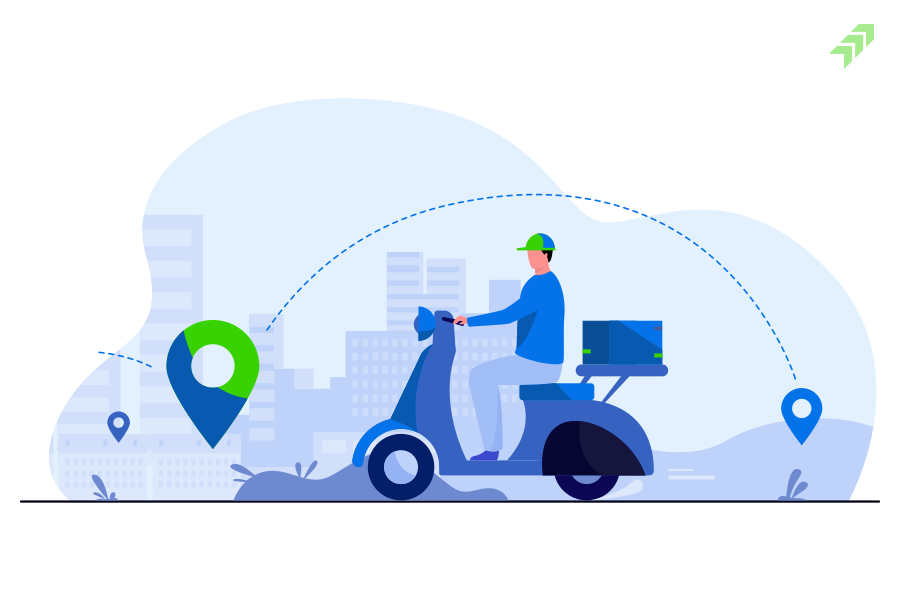Working for one organisation while taking on additional tasks, generally without the employer's knowledge, is referred to as moonlighting. Moonlighting is part-time work done at night or on weekends. The term "moonlighting" gained popularity when Americans began seeking a second job to boost their income in addition to their 9-to-5 work. Moonlighting has been a hot subject in the IT business since working from home became the norm during the Covid-19 epidemic, which is said to have resulted in an increase in multiple employment. Some employees need to work multiple jobs to satisfy their financial commitments.
There is no particular provision in Indian employment law that addresses the legality of multiple employments. Under Section 60 of the Factories Act of 1948 discusses the restriction on more than one employment in India for factory workmen. The clause specifies that no adult worker may work in a factory while also working in another factory. The law does not apply to all establishments because not every organisation fits inside the definition of a factory under the Factories Act of 1948. The above-mentioned rules, however, apply only to workers and do not apply to professionals, supervisory or administrative staff. As a result, there is no overbroad legislation barring multiple works or moonlighting in the IT sector. When workers work in comparable occupations, however, there may be a breach of confidence when companies put such limits on employment agreements.
Organizations that are not governed by the Factories Act must include a dual employment provision in the employee's agreement to explain the requirement for double employment. The employment agreement must indicate what limits have been set on multiple employments and that the employee is not permitted to engage in extra work till they are employed by their existing employer.
Employers may see moonlighting as cheating if an employee's contract contains non-compete and single employment restrictions. However, if the employee's job contract has no such restriction, it is not considered cheating. So employees must review their employment contract and confirm compliance with any moonlighting regulations before taking on a side job or promoting a business. A moonlighting provision is a negative covenant that prohibits an employee from working more than one job.
The majority of IT firms have reinforced their stance on moonlighting and have threatened employees with firing if they are found to be working two jobs. Many organisations have objected to this practice, claiming that people who have numerous jobs are less productive. Companies such as TCS, Infosys, and WIPRO for starters have fired employees because of moonlight. Moonlighting might be deemed cheating if an employee's contract requires non-compete and single employment.
The IT sector appears to have mixed thoughts about moonlighting. Some believe it is unethical, while others believe it is essential and beneficial.
Cons of Moonlighting
- Exhaustion: A person must be intellectually and psychologically well in order to generate new ideas. If a person is physically or psychologically burdened and weary for an extended period of time, he or she may be unable to generate fresh thoughts. Employee performance might suffer as a result of moonlighting.
- Lack of sleep: a person who frequently chooses side employment has his or her tasks lined up one after the other. In order to accomplish a certain endeavour, people frequently sacrifice their sleep, which lowers their long-term effectiveness. Moonlighters typically do not get enough sleep.
- Lack of focus: Moonlighters who work several jobs must have many tasks running in their heads, which eventually diverts their focus. The individual is physically present in one place yet psychologically present in many.
- Time: Do you really want to spend 10 or 20 hours a week on another job, not to mention the commute hassle and the disappointment of significant others who'd rather see more of you, not less?
- Conflict of interest: Working in the software or IT business for both primary and secondary employers may result in a conflict of interest. Employers usually believe that their employees are exploiting corporate resources to build items for competitors.
- Employer discomfort: A worker working a side job is always in the news due of poor performance. Even for little underperformance, they divert blame onto his/her side job entirely.
Pros of Moonlighting
- Employees acquire new expertise: each employee is assigned a task in a project. And, more often than not, people learn less than the total project. Because there are fewer individuals in Moonlighting, they can learn a lot more.
- Employee retention: When an employer welcomes their second work totally, an employee may feel at ease in the business and happy with the additional income from the second job. It may be simpler to keep talented staff this way.
- Affordable and Seasonal Requirement: Hiring a moonlighter may be less expensive since they are willing to perform on contractual agreement that do not require a company to give a multitude of perks. Also, they can be hired and fired with short notice.
- Budget: People undertake side on the side to supplement their income.
- Security: In times of uncertainty, individuals take on side job. Even if one of their jobs is gone, they have a backup ready.


















No comment yet, add your voice below!